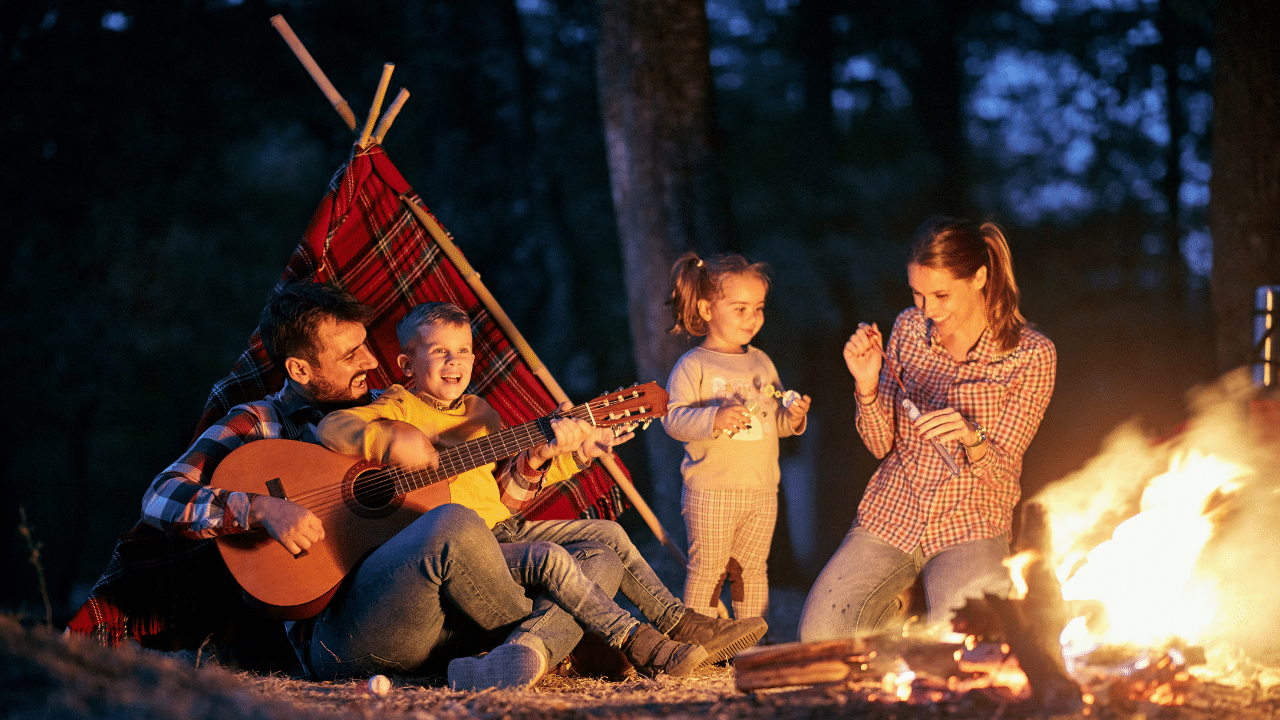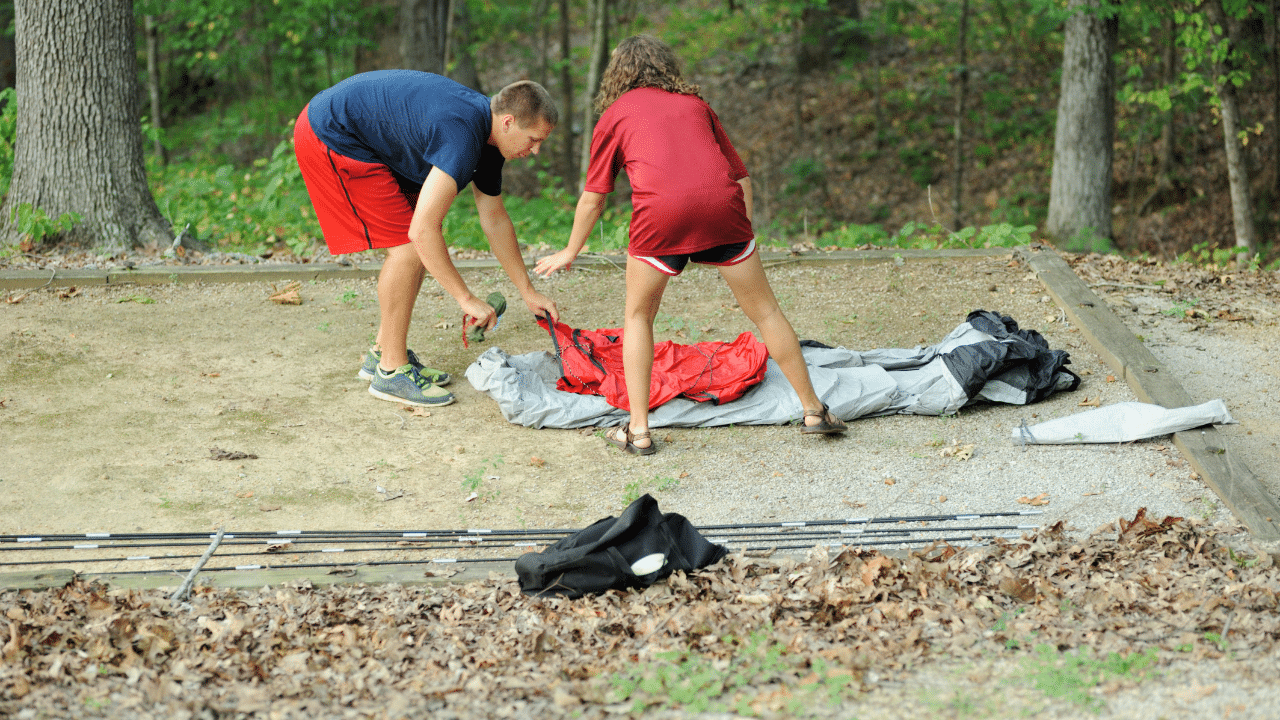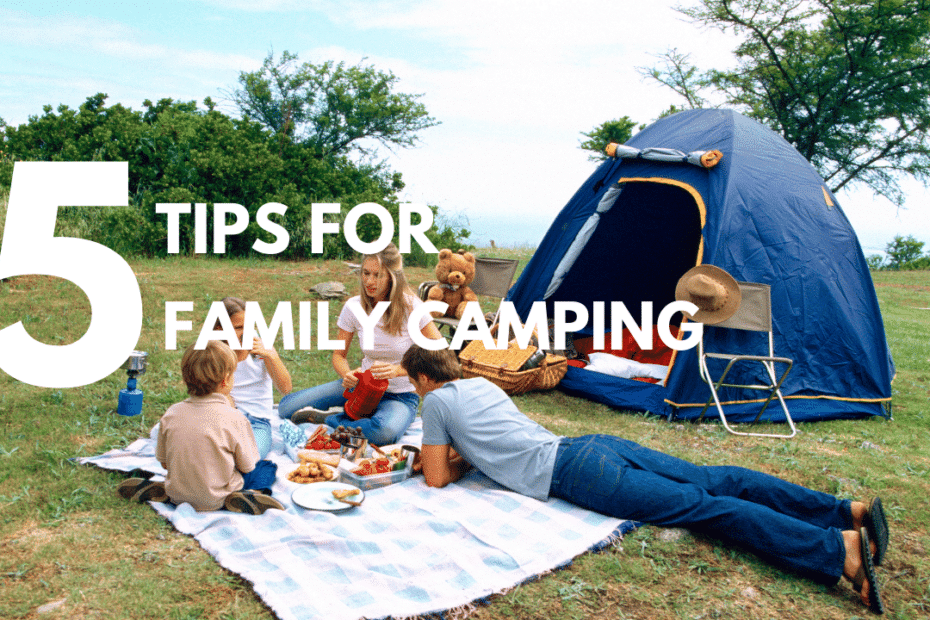Camping trips offer families an exceptional opportunity to bond and create cherished memories together. Escaping the hustle and bustle of daily life and immersing oneself in nature can be rejuvenating. Not only is camping an affordable way to travel, but there is also something magical about cooking meals over an open fire that adds an extra flavor to the experience. In this guide, we will explore the countless benefits of family camping trips and provide essential tips to ensure a successful and enjoyable adventure.
Family Camping Trips
Camping trips provide a valuable opportunity to unplug from technology and connect with one another on a deeper level. By escaping the distractions of TV and social media, families can spend quality time engaging in games, storytelling, and simply enjoying each other’s company. Additionally, camping allows for physical activity while exploring the great outdoors, offering a chance to exercise and embrace nature simultaneously. Another significant advantage of camping is the opportunity to acquire essential survival skills. Children can learn how to safely start a fire, set up camp, and identify various plants and animals. These skills are not only valuable during camping trips but can also prove useful in everyday life situations that require outdoor knowledge.

1. Planning Ahead
Before embarking on a family camping trip, it is crucial to research the chosen campsite and its amenities. This research will help determine the necessary gear and supplies to bring along. Understanding the terrain, weather conditions, and nearby attractions can provide valuable insights for a more enjoyable experience. Additionally, learning about the local wildlife will enable families to pack accordingly for safety reasons. Binoculars or a camera can also enhance the appreciation of nature’s beauty during the trip. Creating a checklist of necessary gear and supplies is an essential step in preparing for a successful camping adventure. Alongside basic items like tents, sleeping bags, and cooking equipment, remember to consider additional necessities such as extra batteries or chargers for devices. Suitable outdoor clothing for all weather conditions is also crucial. By conducting thorough research and creating comprehensive checklists, families can ensure they are well-prepared for a stress-free camping experience.
2. Setting Up Camp
Choosing an ideal camping spot is paramount. Look for a level, dry area with good drainage to avoid sleeping in puddles during rain. Avoid low-lying areas prone to flooding and areas with sharp rocks or roots that may damage tents. Before pitching the tent, clear the ground of debris to enhance comfort and protect the tent’s base from damage. It is advisable to set up camp before darkness falls to allow for better visibility and proper organization. Distribute tasks among family members, assigning responsibilities such as pitching the tent, gathering firewood, and fetching water. If setting up after dark becomes necessary, ensure everyone has a flashlight or headlamp for visibility. Practicing tent setup at home beforehand can also familiarize everyone with the process, making it easier in the wilderness. Organizing gear for easy access is crucial once the campsite is established. Keep frequently used items like flashlights, bug spray, and sunscreen in a convenient location near the tent entrance. Store food at an elevated position to deter wildlife, while keeping cooking equipment nearby for efficient meal preparation. Investing time in this phase of camping preparation will optimize the overall experience and minimize potential mistakes.

3. Safety Precautions
Teaching children about fire safety and wildlife dangers is paramount for a safe camping trip. Before departure, have a discussion with kids about safely handling campfires and the importance of never leaving them unattended. Emphasize the use of designated fire pits or rings and the need to maintain small and controlled fires. Educate children about local wildlife, such as bears or snakes, and instruct them on appropriate reactions when encountering them. Role-playing scenarios can be beneficial in teaching children how to respond calmly and responsibly in wildlife encounters. Teach them to observe animals from a safe distance and never approach or feed them. Emphasize the importance of keeping food properly stored to prevent attracting wildlife to the campsite. Use bear-resistant containers or hang food from trees if necessary. It’s also essential to pack a first aid kit and familiarize yourself with basic first aid procedures. Teach children how to identify and treat common camping injuries such as cuts, burns, and insect bites. Additionally, make sure everyone knows the location of emergency services and how to contact them if needed. By prioritizing safety and educating your family about potential risks, you can minimize accidents and enjoy a worry-free camping experience.
5. Activities and Entertainment
While being immersed in nature is a highlight of camping, it’s also important to plan activities and entertainment to keep everyone engaged and entertained. Depending on the location, consider hiking, fishing, swimming, or even nature photography. Create a scavenger hunt or nature-themed games for the kids to enjoy. Bring along board games, playing cards, or a portable projector for outdoor movie nights. Don’t forget to pack books or journals for quiet relaxation time and encourage each family member to share their experiences and reflections. By planning a variety of activities, you can cater to different interests and ensure everyone has a memorable experience.
5. Leave No Trace
Respecting the environment and leaving no trace behind is crucial for the preservation of natural spaces. Teach your family about the principles of Leave No Trace, which include packing out all trash, minimizing campfire impacts, staying on designated trails, and respecting wildlife and other visitors. Encourage everyone to be mindful of their actions and make conscious efforts to minimize their environmental impact. By instilling these values in your family, you contribute to the sustainability and beauty of the outdoors for future generations.
Conclusion:
A successful family camping trip involves careful planning, prioritizing safety, and creating opportunities for meaningful connections. By disconnecting from technology and immersing yourselves in nature, you can forge lasting memories and strengthen the bond between family members. Remember to plan ahead, set up camp responsibly, prioritize safety precautions, and engage in a variety of activities to keep everyone entertained. Finally, leave no trace and instill a sense of environmental responsibility in your family. With these tips in mind, you are well-equipped to embark on a successful and enjoyable camping adventure that will be cherished for years to come.
